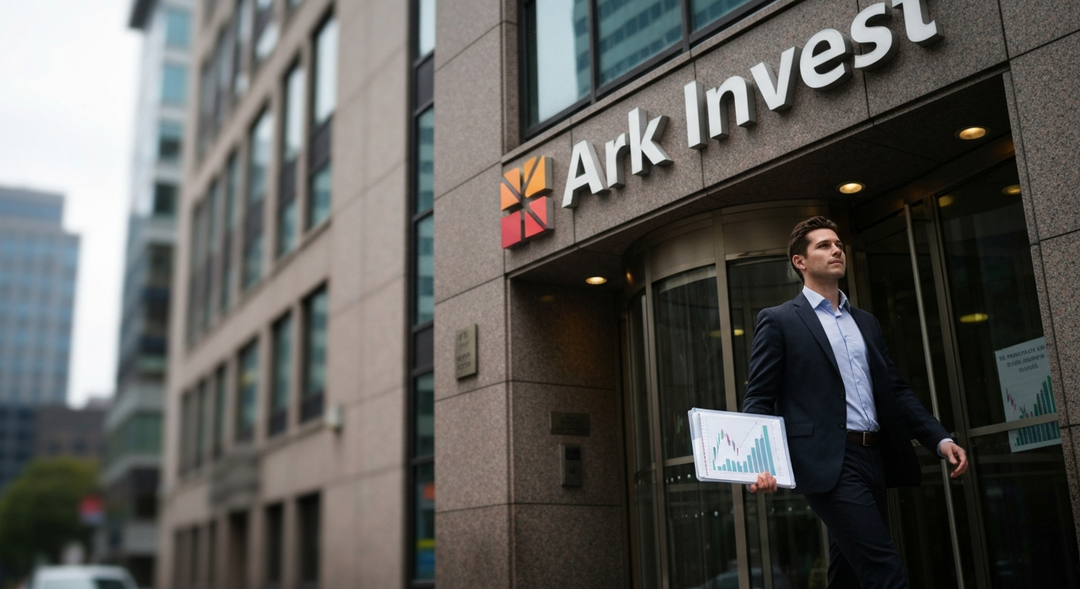Nine billion dollars may become Polymarket’s newest company valuation milestone. This striking possibility comes amid soaring user activity and fresh regulatory shifts. Since the Commodity Futures Trading Commission made recent policy changes, the prediction market industry’s landscape has been dramatically altered. Interest in these platforms has surged as opportunities to Start Cloud Mining have parallels with the broader expansion in decentralized financial products.
Just three months back, Polymarket commanded a $1 billion valuation. That earlier round enjoyed support from the influential Founders Fund, led by Peter Thiel. Now, Polymarket’s current discussions involve a potential jump to a $9 billion mark, according to parties close to the decision.
This development shows the effects regulatory changes can have on digital finance ventures. Polymarket’s approval to resume offering contracts to American users creates new territory for growth.
In 2021, the Commodity Futures Trading Commission blocked Polymarket’s real world prediction contracts in the US.
This spring, the agency reversed its decision and granted Polymarket the required permission.
That reversal provided a signal for other platforms and investors.
Participants can make predictions on elections, government policies, major lawsuits and pivotal world events.
Polymarket’s platform, in the most recent US electoral cycle, processed over eight billion dollars in user wagers.
That figure eclipsed transaction volumes generated on leading gambling platforms including FanDuel, DraftKings and Betfair.
A related effect has been Polymarket’s emergence as a leading traffic source for searches tied to online betting.
The company operates with a decentralized design that integrates blockchain features for transparency and verifiability.
As a result, Polymarket has been able to scale quickly and avoid some of the friction faced by more traditional operators.
Its US expansion arrived just as political bets grew increasingly popular.
Competitor Kalshi, managed by a different team with similar aims, has also garnered keen interest from investors.
Earlier in the year, Kalshi reportedly stood at an estimated two billion dollar valuation.
Recent financing activity has since pushed Kalshi’s number to nearly five billion dollars.
The data indicate that major investors foresee a mainstream future for regulated event-based prediction exchanges.
An added dynamic is the entrance of venture capital from politically connected figures.
Donald Trump Jr.’s fund, 1789 Capital, recently finalized an investment in Polymarket that totals in the tens of millions.
Trump Jr. has also agreed to serve as an advisor for the platform.
Observers note that Polymarket’s investor list now reads like a roster of prominent backers with longstanding ties to policy, technology and finance.
Despite its accelerating popularity, prediction markets remain a point of contention with legislators and regulators.
Some lawmakers in Washington voice ongoing concerns about the risk of misinformation.
They contend betting sites may potentially influence public opinion or create perverse incentives regarding truthful information.
On the other hand, advocates for prediction markets cast these platforms as a transparent and unbiased barometer of popular expectations.
They argue that financial incentives sharpen collective analysis and encourage more accurate forecasting than polls or punditry.
The current moment may mark a subtle turning point for how such prediction exchanges are overseen.
As new rounds of fundraising progress, greater clarity over permissible contracts is expected from regulators.
The next step for Polymarket, and the emerging industry more broadly, centers on expanding its reach while maintaining robust compliance safeguards.
Developers and policy experts are now watching how the blend of innovation and oversight will redefine the market’s next wave.
The unfolding debate over event-based wagering could profoundly affect both markets and the broader public understanding of probability and risk.
Conclusion
The wave of attention that Polymarket and its competitors are seeing signals a changing tide in how people engage with prediction markets. The opening of regulatory doors and large-scale investment suggest confidence that these platforms are becoming a credible part of the financial ecosystem.
By enabling informed predictions on everything from global politics to court rulings, these exchanges continue to build both interest and controversy. As the industry matures, all stakeholders will be closely monitoring how evolving rules and collaboration with policymakers shape the path forward.

Ewan’s fascination with cryptocurrency started through his curiosity about innovative technologies reshaping the financial world. Over the past four years, he has specialized in cloud mining and crypto asset management, diving deep into mining contracts, profitability analysis, and emerging trends. Ewan is dedicated to helping readers understand the technical and economic aspects of crypto mining, making complex information accessible and actionable.




